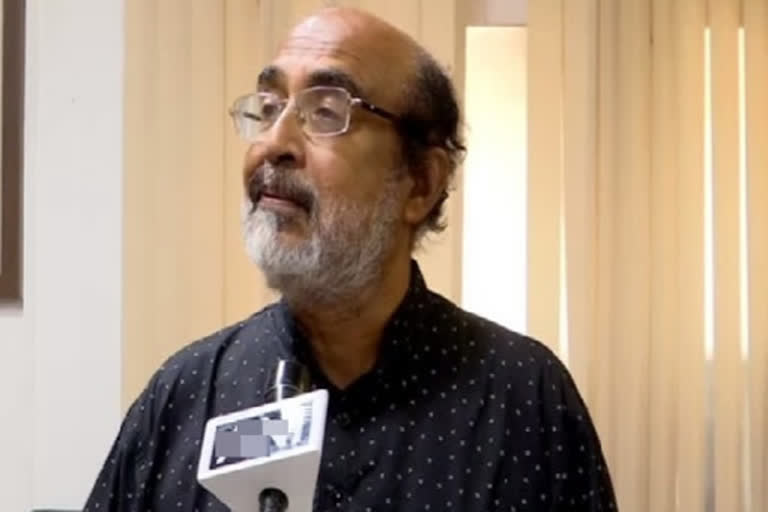New Delhi: As states scramble to raise funds to fight the coronavirus pandemic, Kerala Finance Minister Thomas Isaac has urged the Centre to liberalise its fiscal policy by printing more currency and allowing states to borrow directly from the Reserve Bank.
While expressing optimism that Kerala will get nod for issuance of pandemic bonds, Isaac also warned that the current limitations on the fiscal policy front could push states into a "debt trap".
Isaac said states should not be forced to go to the capital markets at this time and the Centre should first raise the fiscal deficit limit as well as permit direct borrowing from the Reserve Bank.
On Tuesday, Kerala had to offer an interest rate of 8.96 per cent for Rs 6,000 crore market borrowing for state development loan for a 15-year period.
"All states are going for a lower amount and a shorter period. Now, the coupon rate is an average of eight-plus. The question is why the market is behaving like this... there is a freeze in the credit market.
"There are limitations due to the fiscal policy. Government of India should directly borrow from the Reserve Bank, monetise the debt and also allow states to borrow from the Reserve Bank," he said.
Otherwise, Isaac said the situation would put all state governments in a debt trap.
"When the crisis ends, all state governments will be in serious unsustainable debt situation. GDP is going to be negative and paying around 9 per cent interest, then that is unsustainable. This policy will push state governments into a fiscal crisis," he said during the interview on Friday.
Kerala, which has put in place stringent measures to curb spreading of coronavirus infections and flatten the curve, has come out with a Rs 20,000 crore package to deal with the current situation by front loading borrowings.
"The central government is forcing state governments to cut their expenditure. This is a very crazy policy. In a slump, you are forcing state governments to cut expenditure," he said.
Presently, a state is permitted to borrow up to 3 per cent of its Gross State Domestic Product (GSDP).
"We already have hard budget constraints... We are permitted to borrow 3 per cent of the GSDP. We have front loaded our borrowings so that we are able to meet demands due to the crisis
"... unless you provide basic necessities to the entire population who are under the lockdown you are not going to get compliance. This is what is proved by the experience in the major cities in India with flights of lakhs of people undermining the very motive of the lockdown," he said.
Asserting that printing of money is "absolutely" practical and fits the time, Isaac cited the examples of the US Federal Reserve and the European Central Bank and said that is the pattern all over the world.
